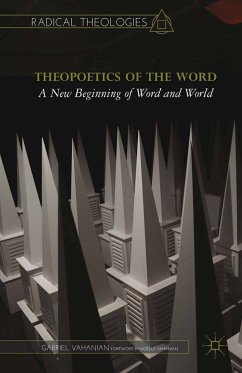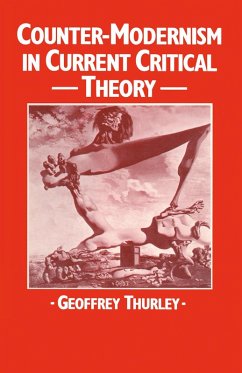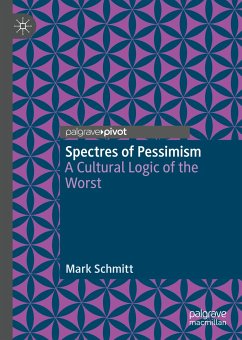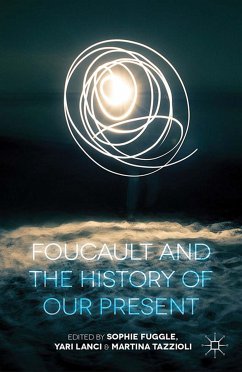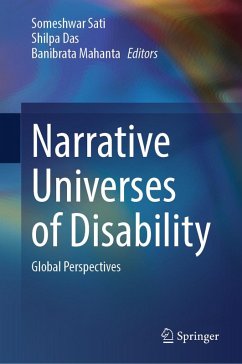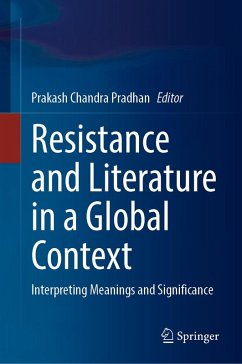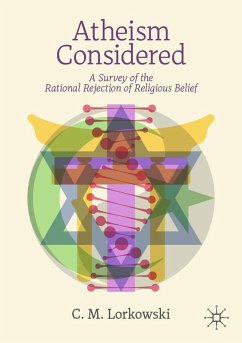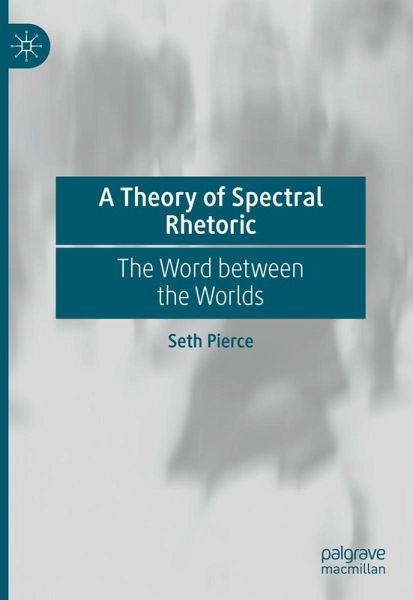
A Theory of Spectral Rhetoric (eBook, PDF)
The Word between the Worlds
Versandkostenfrei!
Sofort per Download lieferbar
72,95 €
inkl. MwSt.
Weitere Ausgaben:

PAYBACK Punkte
36 °P sammeln!
This book synthesizes Jacques Derrida's hauntology and spectrality with affect theory, in order to create a rhetorical framework analyzing the felt absences and hauntings of written and oral texts. The book opens with a history of hauntology, spectrality, and affect theory and how each of those ideas have been applied. The book then moves into discussing the unique elements of the rhetorical framework known as the rhetorrectional situation. Three case studies taken from the Christian tradition, serve to demonstrate how spectral rhetoric works. The first is fictional, C.S. Lewis 'The Great Divo...
This book synthesizes Jacques Derrida's hauntology and spectrality with affect theory, in order to create a rhetorical framework analyzing the felt absences and hauntings of written and oral texts. The book opens with a history of hauntology, spectrality, and affect theory and how each of those ideas have been applied. The book then moves into discussing the unique elements of the rhetorical framework known as the rhetorrectional situation. Three case studies taken from the Christian tradition, serve to demonstrate how spectral rhetoric works. The first is fictional, C.S. Lewis 'The Great Divorce. The second is non-fiction, Tim Jennings 'The God Shaped Brain. The final one is taken from homiletics, Bishop Michael Curry's royal wedding 2018 sermon. After the case studies conclusion offers the reader a summary and ideas future applications for spectral rhetoric.
Dieser Download kann aus rechtlichen Gründen nur mit Rechnungsadresse in A, B, BG, CY, CZ, D, DK, EW, E, FIN, F, GR, HR, H, IRL, I, LT, L, LR, M, NL, PL, P, R, S, SLO, SK ausgeliefert werden.




